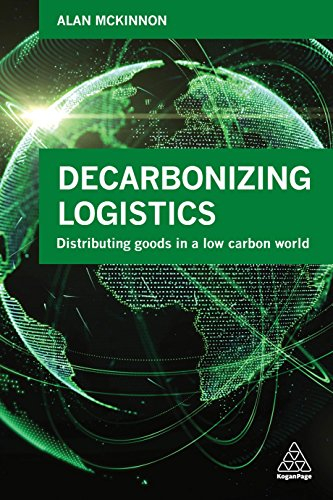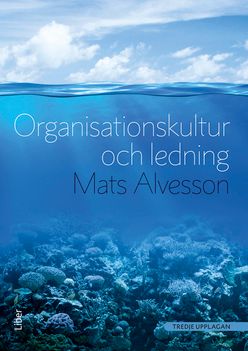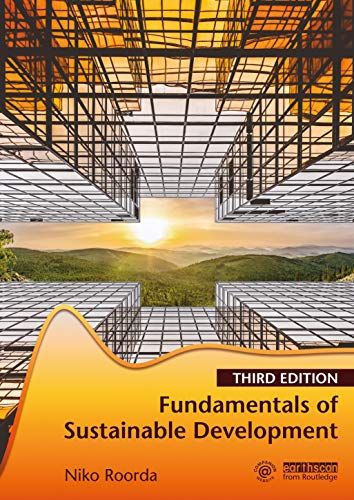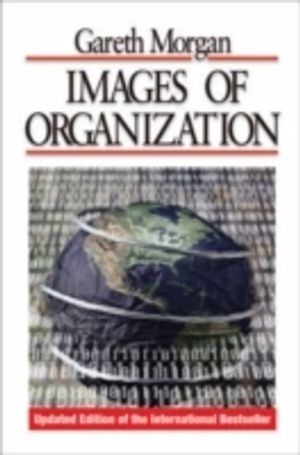

Decarbonizing Logistics
- Utgiven: 2018
- ISBN: 9780749483807
- Sidor: 328 st
- Förlag: Kogan Page Ltd
- Format: Häftad
- Språk: Engelska
Om boken
Logistics accounts for around 9-10% of global CO2 emissions and will be one of the hardest economic sectors to decarbonize. This is partly because the demand for freight transport is expected to rise sharply over the next few decades, but also because it relies very heavily on fossil fuel. Decarbonizing Logistics outlines the nature and extent of the challenge we face in trying to achieve deep reductions in greenhouse gas emissions from logistical activities. It makes a detailed assessment of the available options, including restructuring supply chains, shifting freight to lower carbon transport modes and transforming energy use in the logistics sector. The options are examined from technological and managerial standpoints for all the main freight transport modes. Based on an up-to-date review of almost 600 publications and containing new analytical frameworks and research results, Decarbonizing Logistics is the first to provide a global, multi-disciplinary perspective on the subject. It is written by one of the foremost specialists in the field who has spent many years researching the links between logistics and climate change and been an adviser to governments, international organizations and companies on the topic.
Åtkomstkoder och digitalt tilläggsmaterial garanteras inte med begagnade böcker
Mer om Decarbonizing Logistics (2018)
I juni 2018 släpptes boken Decarbonizing Logistics skriven av Prof Alan McKinnon. Den är skriven på engelska och består av 328 sidor. Förlaget bakom boken är Kogan Page Ltd.
Köp boken Decarbonizing Logistics på Studentapan och spara pengar.
Referera till Decarbonizing Logistics
Harvard
McKinnon, P. A. (2018). Decarbonizing Logistics. Kogan Page Ltd.
Oxford
McKinnon, Prof Alan, Decarbonizing Logistics (Kogan Page Ltd, 2018).
APA
McKinnon, P. A. (2018). Decarbonizing Logistics. Kogan Page Ltd.
Vancouver
McKinnon PA. Decarbonizing Logistics. Kogan Page Ltd; 2018.



















